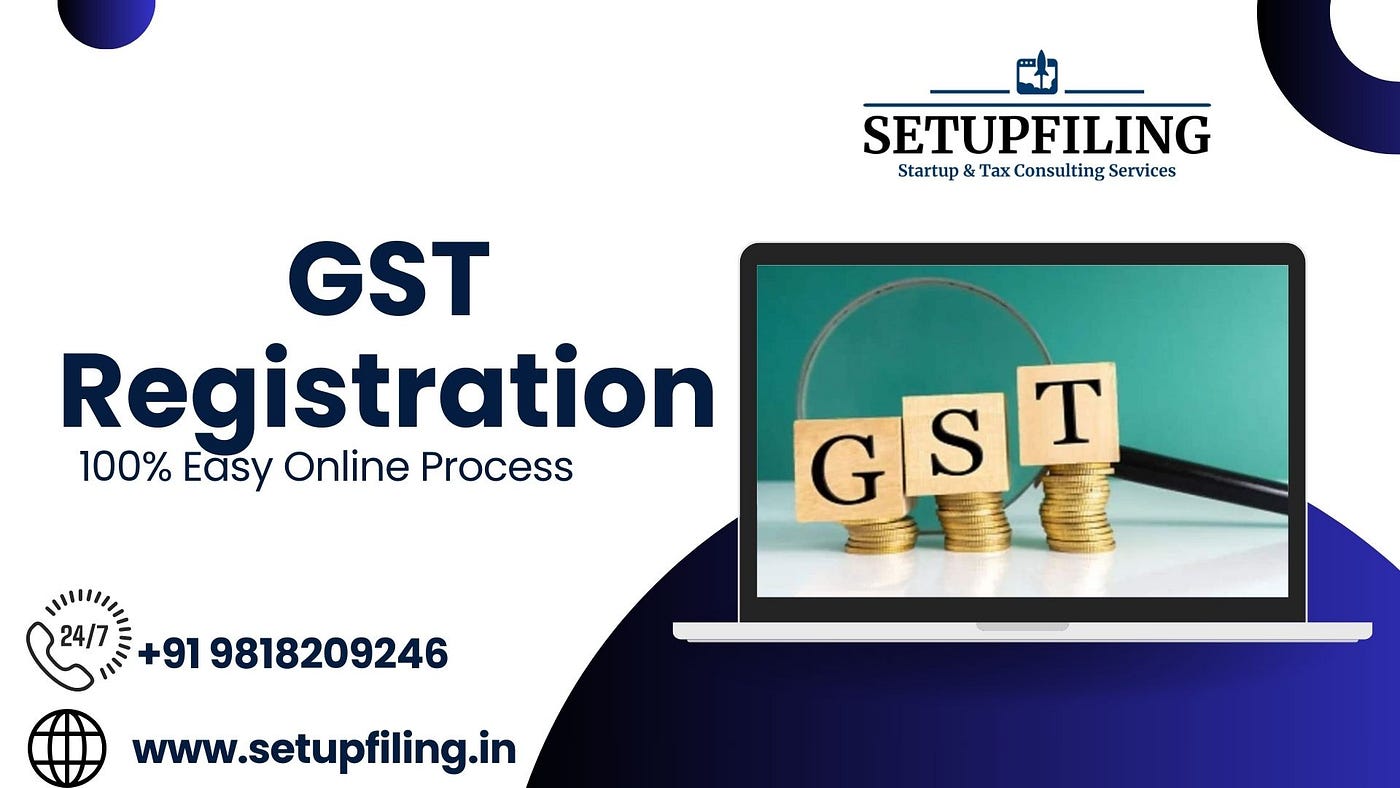Comprehending the Advantages of the Best GST Registration Services in Singapore
Comprehending the Advantages of the Best GST Registration Services in Singapore
Blog Article
Throughout: The Ultimate Roadmap to GST Registration for Businesses Looking For Financial Security
Navigating the intricacies of Goods and Solutions Tax (GST) enrollment is a crucial step for organizations pursuing economic security. From recognizing the fundamental concepts of GST to complying with post-registration standards, the process can appear discouraging in the beginning look. However, breaking down the roadmap into manageable actions can streamline the enrollment trip for businesses aiming to enhance their financial standing. Allow's check out the crucial elements that compose this utmost roadmap and uncover how each stage adds to laying a strong structure for economic success.
Understanding GST Essentials
Digging into the basic principles of Goods and Provider Tax Obligation (GST) is necessary for acquiring an extensive understanding of its effects on businesses and the economic climate. GST is a value-added tax levied on many items and solutions for residential intake. It has changed multiple indirect tax obligations that existed in the pre-GST period, streamlining the tax obligation framework and enhancing simplicity of doing service in India. Under the GST system, both products and services are taxed at a specific rate, which is identified based on their classification. Companies are required to sign up for GST if their yearly turn over surpasses the threshold restriction set by the federal government. Input Tax Obligation Credit History (ITC) is a considerable feature of GST, enabling services to declare credit rating for tax obligations paid on inputs, reducing the general tax burden. Recognizing the essentials of GST is critical for companies to adhere to tax laws, handle their financial resources efficiently, and contribute to the country's financial development by joining a transparent tax obligation system.
Qualification Criteria for Enrollment
To register for GST, organizations must fulfill certain eligibility standards established by the government. The primary qualification requirement is that any type of organization associated with the supply of products or solutions with a yearly accumulation turnover above the threshold limitation established by the authorities must sign up for GST. As of the current guidelines, the threshold limitation for GST enrollment is a yearly accumulation turnover of 40 lakhs for companies running within a state, with the exception of special group states where the limit is 20 lakhs. Furthermore, certain companies are required to register for GST regardless of their turnover, such as interstate vendors, laid-back taxed individuals, and organizations responsible to pay tax obligation under the reverse cost device. It is vital for organizations to thoroughly examine their turnover and purchase types to establish their GST registration responsibilities accurately. Failing to sign up for GST when eligible can lead to charges and lawful effects, making it important for companies to follow the defined qualification requirements.
Files Required for Registration
Having satisfied the eligibility criteria for GST enrollment, businesses have to now ensure they have the requisite files in position to wage the enrollment process successfully. The records required for GST registration generally consist of proof of organization constitution, such as collaboration act, enrollment certification, or incorporation certificate for various kinds of services. Additionally, companies need to offer papers establishing the principal business, such as a rental arrangement or electrical energy expense. PAN card of the organization, in addition to the identification and address evidence of promoters/partners/directors, are necessary for verification functions. Savings account statements, together with canceled cheques or a duplicate of the bank passbook, are called for to confirm the economic information offered throughout enrollment. Businesses must have electronic trademarks ready for the accredited signature. Ensuring all these documents are organized and conveniently offered will certainly accelerate the GST enrollment process, making it possible for services to abide with tax guidelines flawlessly.
Step-by-Step Registration Process
Starting the GST enrollment process entails a series of structured actions to guarantee a compliant and seamless registration for organizations. The initial step is to see the GST portal and complete the enrollment type with accurate details of business entity. Following this, the candidate gets a Momentary Recommendation Number (TRN) which is made use of to return to the application procedure if it's not completed in one go.
Following, all called for documents according to the checklist given by the GST portal requirement to be uploaded. These files usually include evidence of organization identification, address and registration proofs of promoters, financial declarations, and organization entity's frying pan card.

Post-Registration Conformity Standards

Verdict
Finally, companies seeking economic security has to comprehend the essentials of GST, meet eligibility criteria, gather needed documents, comply with the step-by-step registration process, my review here and conform with post-registration standards - Best GST registration services in Singapore. By sticking to these steps, companies can ensure conformity with tax policies and preserve economic stability over time
Furthermore, particular organizations are required to sign up for GST irrespective of their turnover, such as interstate providers, informal taxable persons, and services responsible to pay tax obligation under the reverse fee device.Having fulfilled the qualification standards for GST enrollment, businesses need to now guarantee they have the requisite documents in location to continue with the registration process successfully. The documents needed for GST registration generally include proof of business constitution, such as partnership act, registration certificate, you could look here or incorporation certification for various kinds of companies. Additionally, services need to offer documents establishing the principal place of business, such as a rental contract or power costs.Commencing the GST registration procedure includes a collection of structured steps to guarantee a seamless and certified registration for companies.
Report this page